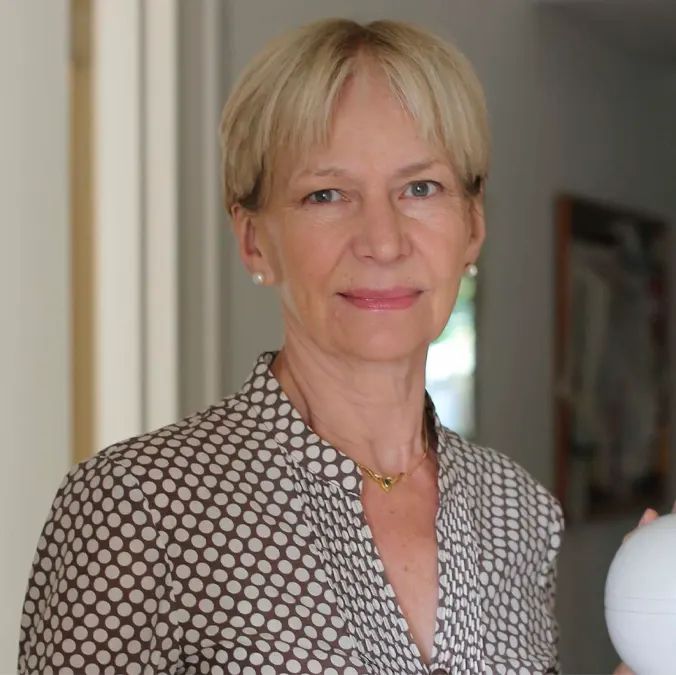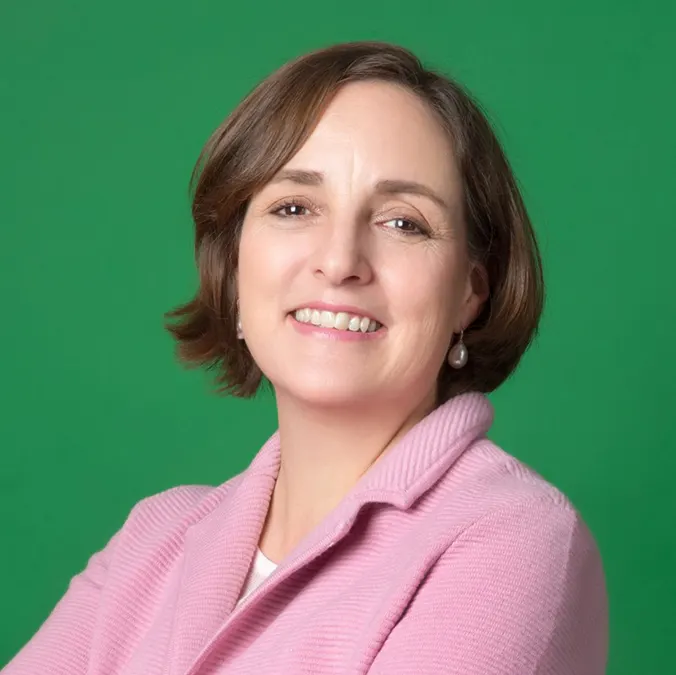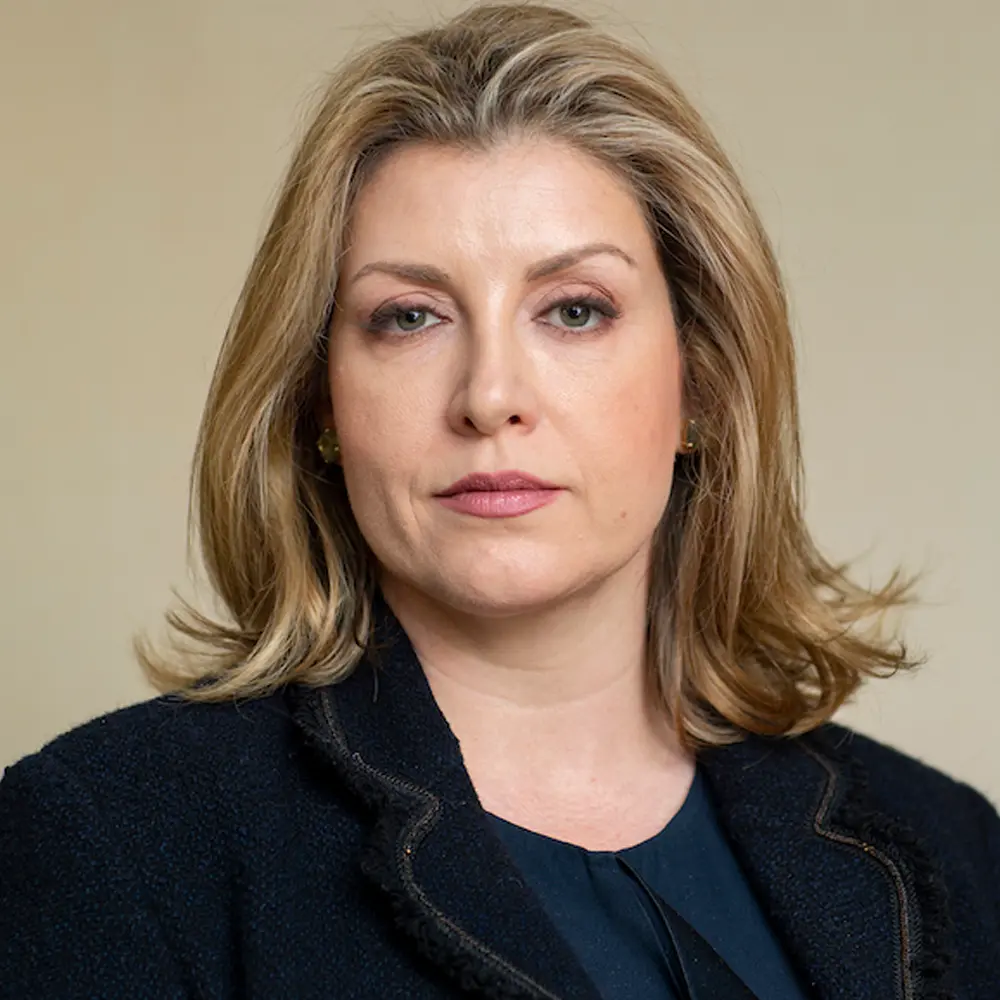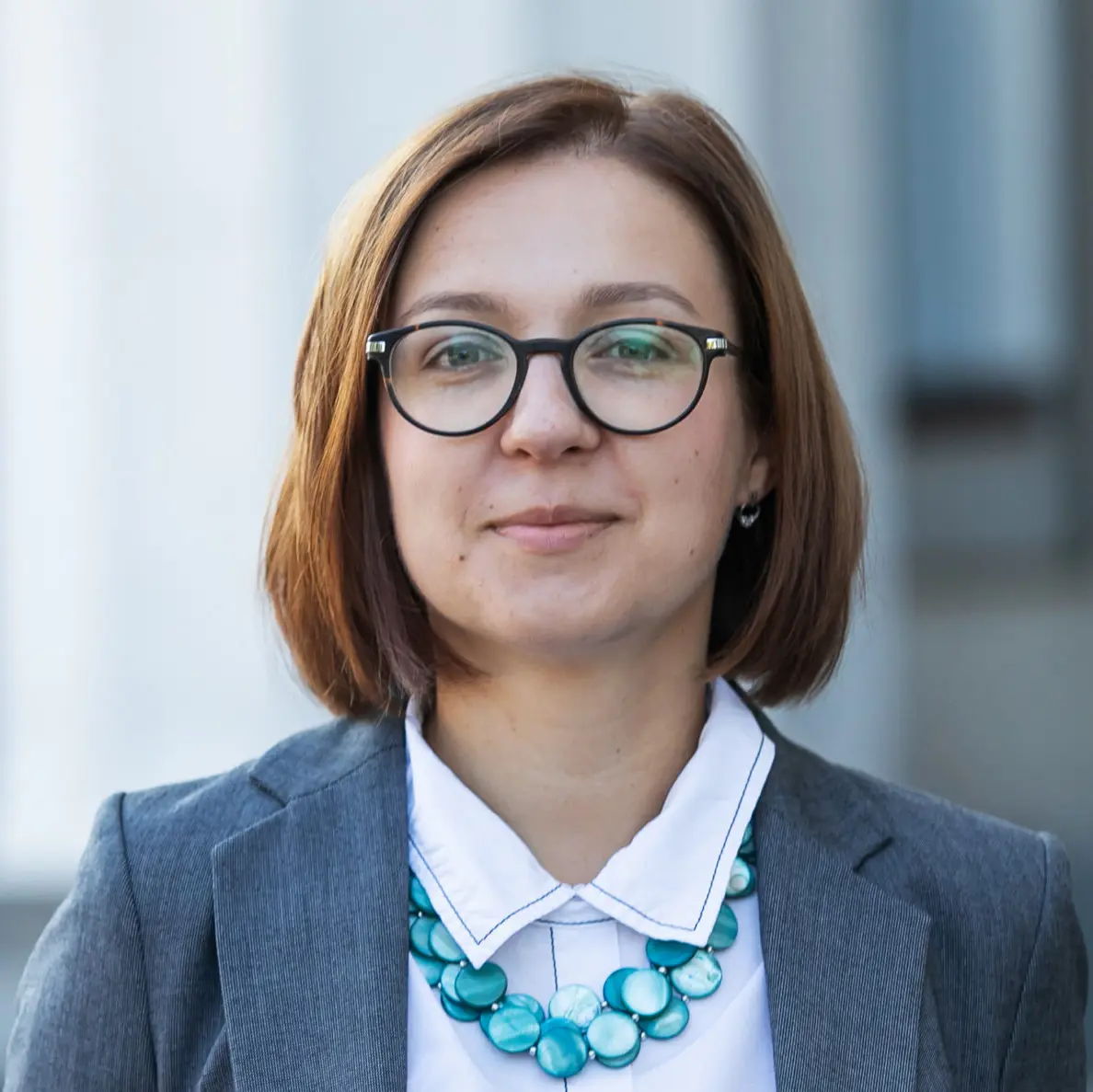Monday 6th January - 06:00 PM GMT
The Rise of the Rest
Is Western economic dominance finished?
"The West has lost its dominant global position," stated the World Economic Forum. As if to prove the point, last October the BRICS nations, seen by many as the alternative grouping to the G7, held a summit hosted by Putin. 36 governments and 22 heads of state attended, representing half the world’s output and more than half of the world's population. The summit underlined BRICS's ambition to shape an alternative multipolar world order. Meanwhile, new nations are applying to join BRICS, energy-rich countries like Saudi Arabia and Iran, and even the NATO member Turkey. It would appear that Western dominance is not only in decline, it is over. Faced with these radically changed circumstances it is unknown what the West's response should be.
Should the West strengthen internal ties to combat the rise of an alternative centre of power? Or is it too late to do so and Western nations need independence to form their own relations with the new powers? Or is the influence of the new powers exaggerated and the West can continue to dominate for some time to come?
Join us as former UK Foreign Secretary Sir Malcolm Rifkind, Yale Jackson School Senior Fellow Elizabeth Knup, and Chief Foreign Correspondent of The Sunday Times Christina Lamb debate the rise of a new global world order.
Big ideas in your inbox.
Updates from the world's greatest minds - plus offers and discounts.
Isabel Hilton
International relations expert
Founder and and editor of chinadialogue.net, Hilton is a former editor-in-chief of opendemocracy.net and has reported from China, South Asia, Latin America, Africa and the Middle East for the BBC, the Sunday Times, the Independent and the Guardian.
Elizabeth Knup
Senior Fellow at Yale
Elizabeth Knup is a Senior Fellow at Yale's Jackson School of Global Affairs. She completed her decade-long tenure as regional director for China at the Ford Foundation in December 2023. In that role, she oversaw Ford’s operations in China and its programmatic strategies focused on U.S.-China relations, understanding the impact of China’s political and economic power in the world, and strengthening China’s domestic philanthropic sector.
Penny Mordaunt
Former Defence Secretary
Penny Mordaunt is the Former Leader of the House of Commons and Former Defense Secretary of the UK. While being a Navy reservist, she was also the first woman to hold the role of Minister of State for the Armed Forces and later the Secretary of State for International Development.
She has been outspoken in criticism of Putin's invasion of Ukraine, to the extent that several Ukrainian MPs endorsed her to be leader of the Conservative party.
Malcolm Rifkind
Former UK Foreign Secretary
Malcolm Rifkind is the former UK Foreign Secretary. He was one of only four ministers to serve throughout the whole Prime Ministerships of both Margaret Thatcher and John Major. In 1997, he was knighted in recognition of his public service. Rifkind also served as Chairman of the Standards & Privileges Committee from 2009-2010, the UK’s representative to the Eminent Persons Group from 2010-2011 and served as chairman of the Intelligence and Security Committee from 2010-2015.
Inna Sovsun
Current Ukrainian MP
Inna Sovsun is a Ukrainian professor and politician currently serving in the Parlaiment of Ukraine. She served as Ukraine's deputy Minister of Education and Science of Ukraine from 2014 to 2016. She served as vice-president of the Kyiv School of Economics from 2016 to 2018. She has also been a full professor of the department of political science National University "Kyiv-Mohyla Academy", as well as co-founder and former director of the think tank CEDOS.





